Taking the First Steps: Tips and insights, for Graduates by Graduates
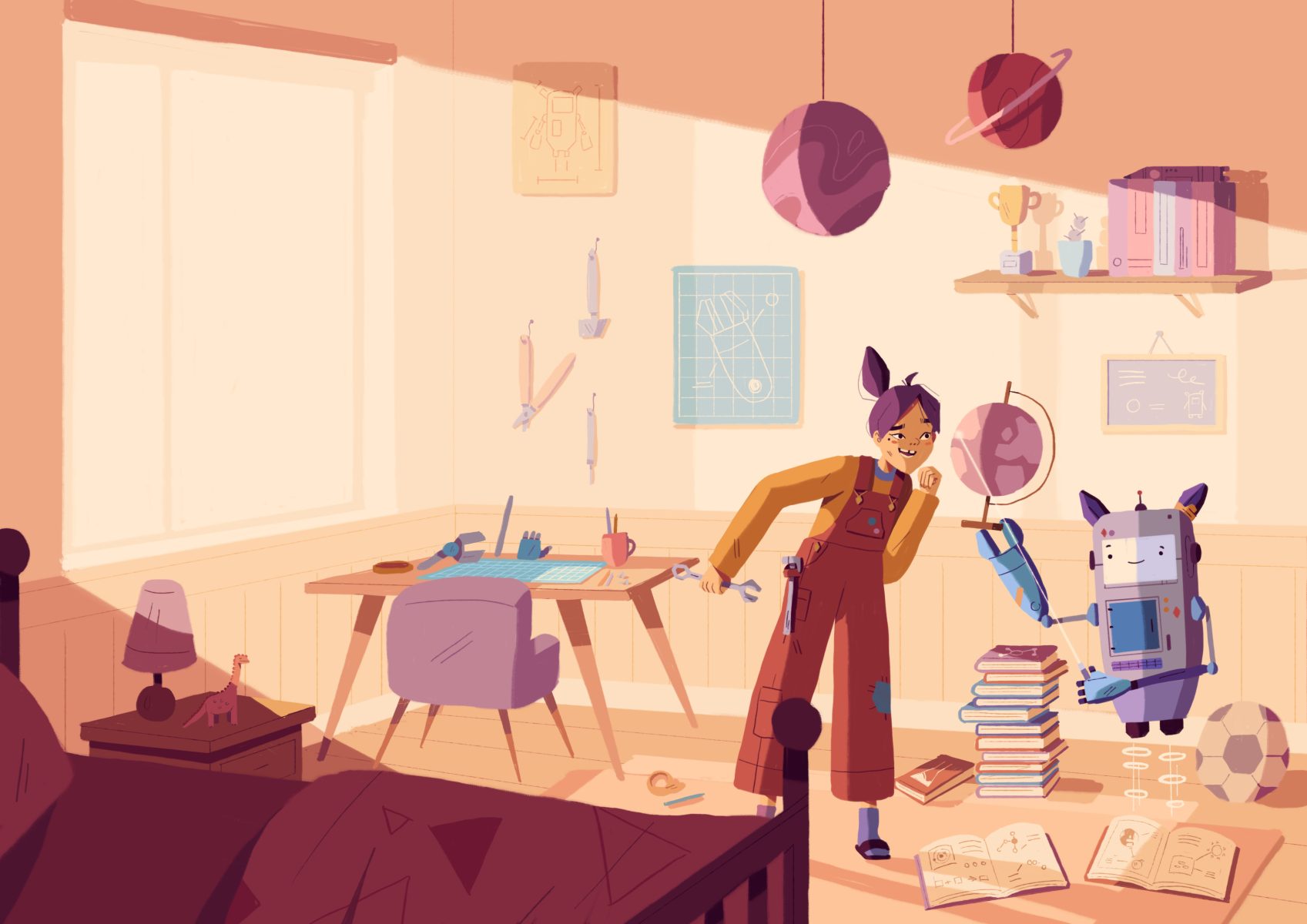
We always look forward to degree show season as a time to celebrate and champion new illustrators. Of course, the past few years have been particularly challenging times for students and those starting out their professional careers, yet we’ve seen so much resilience and resourcefulness which continues on to this day.
In 2020 and 2021 respectively we shared our ’10 UK Graduates to Watch’ feature. Just before we launch our 2022 edition, we wanted to follow up and check in with previous Grads to gain an insight into how they’ve found entering and navigating the industry so far. Whether you’re starting out yourself this year or still studying, we’re sure you’ll find their insights encouraging and informative – read on to see their tips and advice for new illustrators!
Take advantage of the opportunities available (during and after your studies)
Work on your portfolio and take the time to explore and get clear on who you are as an artist. University can be a very formative time, both personally and professionally. “Looking back, I feel like you’ll never have more time and freedom to make whatever creative work you want, so make the most of it!”, advices Sammi Duong, who graduated from Edinburgh College of Art in 2021.
Leeds-based graduate Ekaterina Sheath specifically recommends getting involved in live briefs while you’re studying, as they can provide a fantastic way to build portfolio pieces and experience the process of a commission. “By applying for live briefs I became more confident in how to present my work and how to communicate with clients. It meant that, when I graduated, I felt comfortable jumping straight into freelancing.”
While you’re still a student or not, Cardiff Metropolitan University graduate Joshua Donkor advices to try approaching industry professionals or any companies that you might be interested in working with. “This can be very daunting when you have very little experience, but everyone in the industry has been in the same position at some point and people are very keen to support young artists if they can.”
Sammi adds that “the worst they can say is no. I personally have learnt so much and luckily landed some great opportunities from reaching out to creative companies for work experience.” Sammi currently now works as an in-house illustrator video production company Heehaw.
Celebrate yourself!
“Be loud about your achievements! Now is not the time to be humble or modest” says Charlotte Leadley, a graduate from the newly branded Arts University Plymouth. “Make sure you keep your website/portfolio updated regularly and make the most of the springboard into the industry if there are opportunities open to you.”
“This includes putting your work on social media and shouting about the things you’ve done”, adds Beth Suzanna, who continues to be based in Bristol after finishing her studies at the University of the West of England.
“The most rewarding aspect has definitely been the response to the work I’ve put out and the incredible interactions I’ve had with people as a result“
– Joshua Donkor
Celebrating yourself takes many shapes and forms. Duncan Of Jordanstone graduate Greg McIndoe (Headless Greg) has been featured in different platforms like the Creative Boom podcast D&AD’s ‘One to Watch’ in 2020. “I also made the shortlist for the World Illustration Awards in 2021 and have just been announced on the longlist for this year’s awards too. All of these lovely things have not only built my confidence as a creative but led directly to new freelance work.”
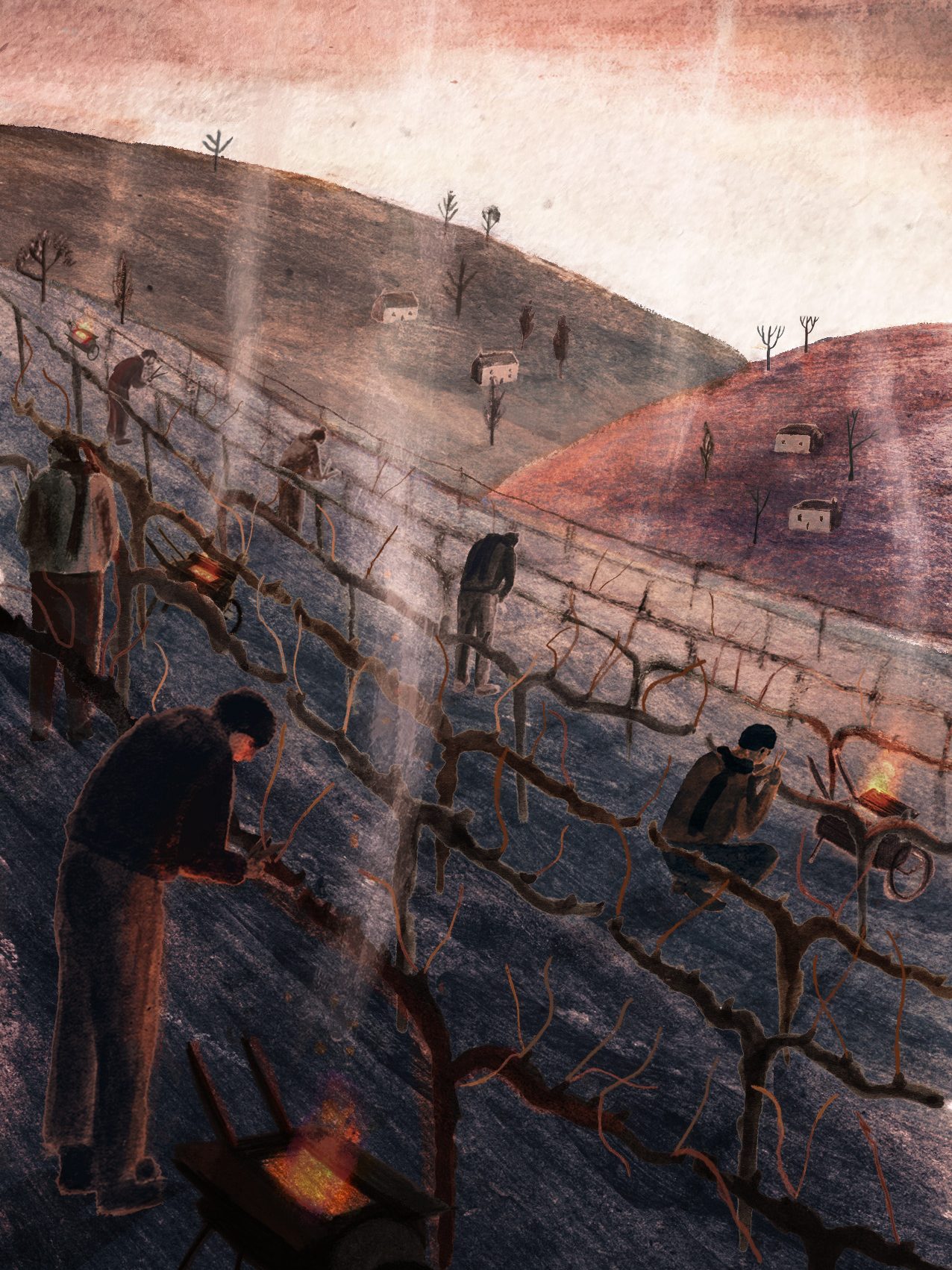
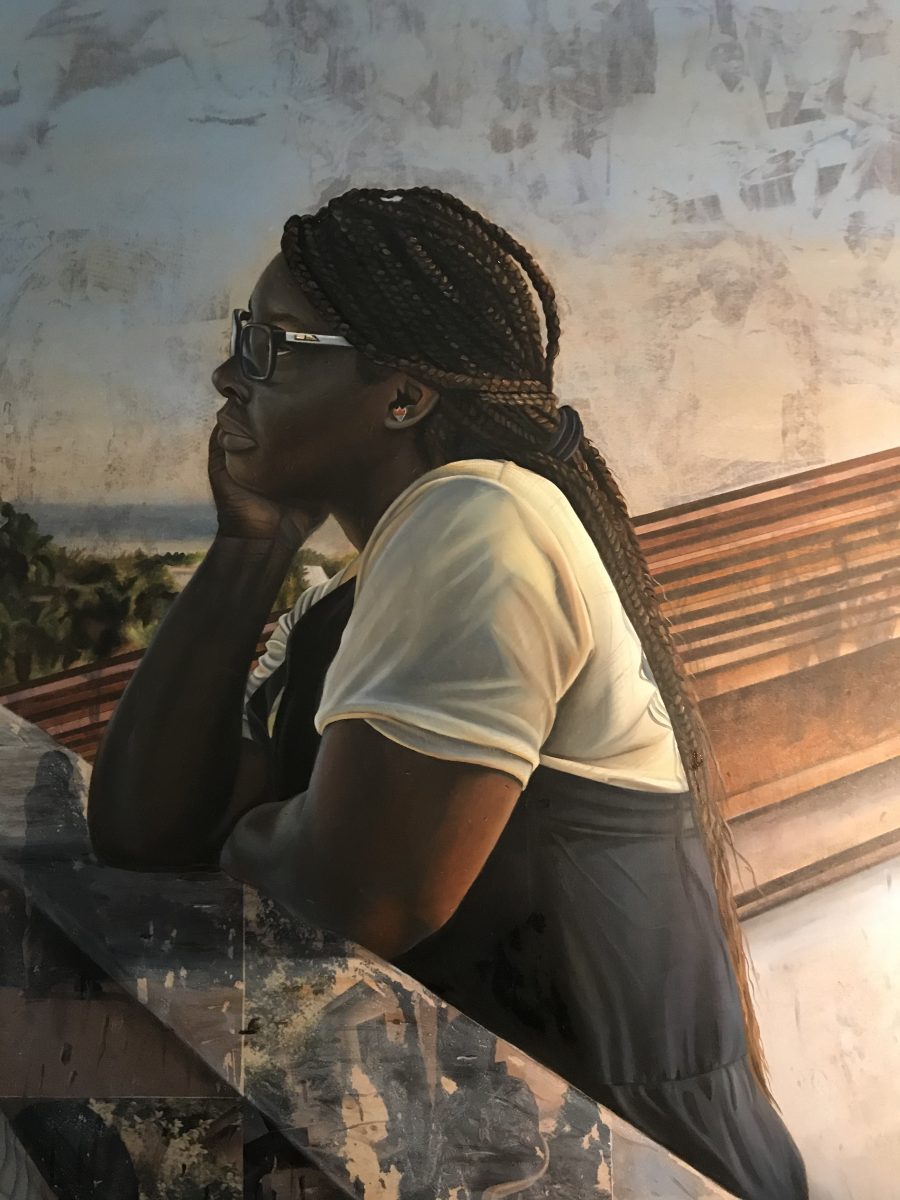
Be open and continue learning
Graduation isn’t the end, but rather the beginning of self-development. Sammi Duong shares that “the most valuable lesson I have learnt is to be super open-minded and receptive to critiques, tips and creative suggestions. I’ve found having this attitude has helped my work improve exponentially.”
Beth Suzanna agrees. “Constructive criticism of your work is in no way criticism of you. Don’t take things personally. Some of the feedback you get you might not agree with, but it’s important to be open and have a discussion to get something everyone is happy with.”
“I’ve learnt more in this past year than the 3 years preceding. Be prepared to do a lot of things wrong, and try and figure out how to turn those into useful lessons.“
– Gracie Dahl
For some, AOI events have been a useful way to acquire new knowledge: “I have been to several talks hosted by the AOI or advertised in their events emails. This has been a great way to continue learning and develop my practice after university”, says Ekaterina Sheath.
Inspiration and/or motivation can strike whenever, even in moments when you’re not actively working towards a commission or personal project. Arts University Bournemouth graduate Tanya Kearsey shares: “I went to an exhibition this year for the first time in ages. Having the chance to see lots of art up close and chat with the artists uplifted me and made me feel renewed excitement to work on my own projects.”
Most graduates echoed the same advice: to stay curious. “Keep a sketchbook in your bag, in case you have a spare moment or something catches your eye”, suggests Falmouth graduate Ellie Lonsdale, who just recently got accepted to the Royal Drawing School’s Drawing Year programme.
Keep in touch with your peers and connect with other creatives
It’s important to remember you may have already formed meaningful relationships, which can become even more important after graduation. Tanya Kearsey reflects that “the support of my friends has been the biggest help to me, probably more than they realise.”
“Those crits and chats you have at uni don’t have to end”
– Rory Wynn
Attending other degree shows or showcases like New Designers can allow you to strike connections with others at the same stage as you. And if you can’t physically attend, social media can be a great help in making those connections. Greg McIndoe expands: “I now have a whole community of real-life illustrator friends – some of whom I connected with online initially – who are all at similar stages. They are the people who help me figure out freelance conundrums and celebrate my successes – and they are just as important as the people who pay me.”
For UAL Camberwell Graduate, Gracie Dahl, having an online community has been invaluable. “There are people I don’t know who send me nice messages every single day, and also lovely peers and mentor type figures who’ve counselled me through technical questions about contracts, invoices, etc. I appreciate them more than I can say!“
In some cases, these friendships can lead to direct work opportunities. “ISSHŌŌ collective has given me the chance to make and collaborate with lots of my friends and local businesses” says UAL Camberwell graduate Rory Wynn. “We recently painted a beehive for Gosnells Mead that will swing 12 foot in the air and painted a few huge murals for Friendship Adventure Brewery and London Mural Festival.”
Some opportunities may also lead to great friendships and working relationships. Beth Suzanna tells us about her most recent experience of this: “I recently did a charity exhibition for UN women x Mermaids with an amazing group of female and marginalised people through an open call online. The industry is competitive but individual people aren’t. It benefits everyone if you support each other.”
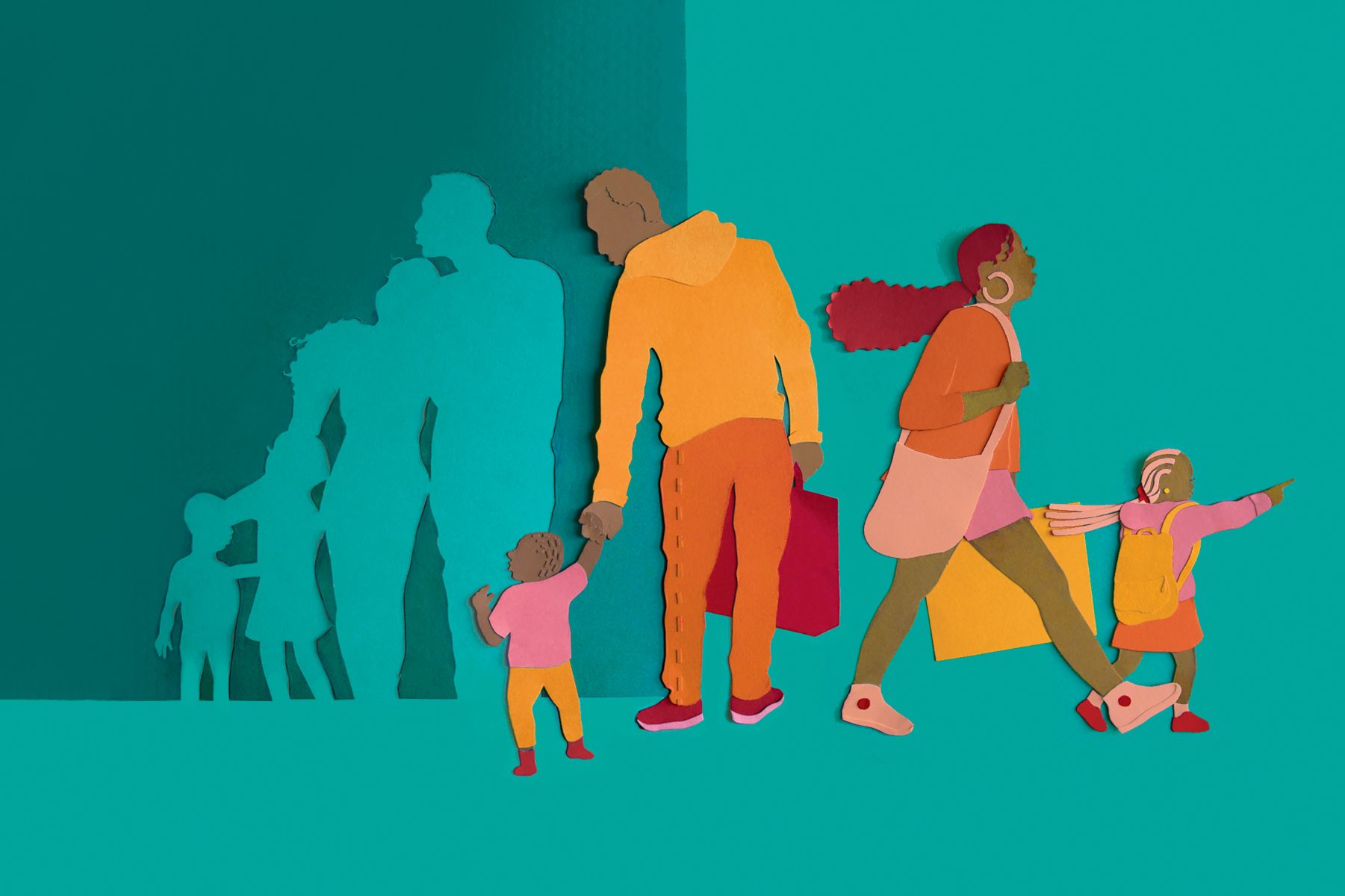
Trust yourself
Most graduates shared how challenging it can be to find motivation and self-discipline. “I did not anticipate how isolating being a graduate would feel – compounded with graduating during the first wave of the pandemic. The rewarding part has been pulling myself back up again and finding my feet”, says Charlotte Leadley.
“Having to depend on my own judgement more has been really difficult, but I’m realising more and more with practice that I can trust my ideas are good enough and that I can find solutions on my own”, shares Tanya Kearsey.
Importantly, “try not to underestimate or get frustrated with yourself” – a great piece of advice by Rory. “I sometimes really struggle making work but it will always come eventually. I try to just jump between things and not to force it, then come back with a clear head.”
Dylan Woodall, who graduated from Manchester School of Art last year, shares a crucial tip: “Organisation is key. Some days I feel as though it’d be great if I had 8 arms and 2 heads, but whilst I figure out my route to transforming into a creative, mutated octopus, keeping a diary and setting my own deadlines has more than sufficed.”
Ellie Lonsdale similarly shares that “having more structure in my working hours has been really helpful and a lot more efficient in the long-run.” She also talks about the importance of breaks: “Making sure I have time to get outdoors for a bit, sketch or meet up with friends keeps me feeling energised when I’m working on commissions.”
“Focus on yourself, what you enjoy creating and also on what other things you enjoy besides illustration”
– Jodie Howard
Have a dedicated space for work
Space plays a key role in leading a more balanced life, especially when freelancing. “Having a separation from ‘home’ and ‘work’ in whatever way you can is infinitely important. I can’t put it into words how much it helped my mindset and routine”, says Jodie Howard, a 2020 graduate from Cambridge School of Art.
This can involve some trial and error. Ekaterina shares: “I learnt I can’t work from home. I found it isolating after the busy studios at University and struggled with separating work and personal life. I now have a studio in a co-working space called Duke Studios. This has completely transformed my way of working and helped me maintain a healthy approach”
This sentiment is also echoed by Joshua Donkor: “I made sure to move into a shared studio complex to ensure that I was continually surrounded by other artists and creatives. This has been essential for me”
Whether it’s a designated space at home or outside of it, it’s completely up to you. “Find a space that suits you. I love my studio but I know it isn’t for everyone”, concludes Rory.
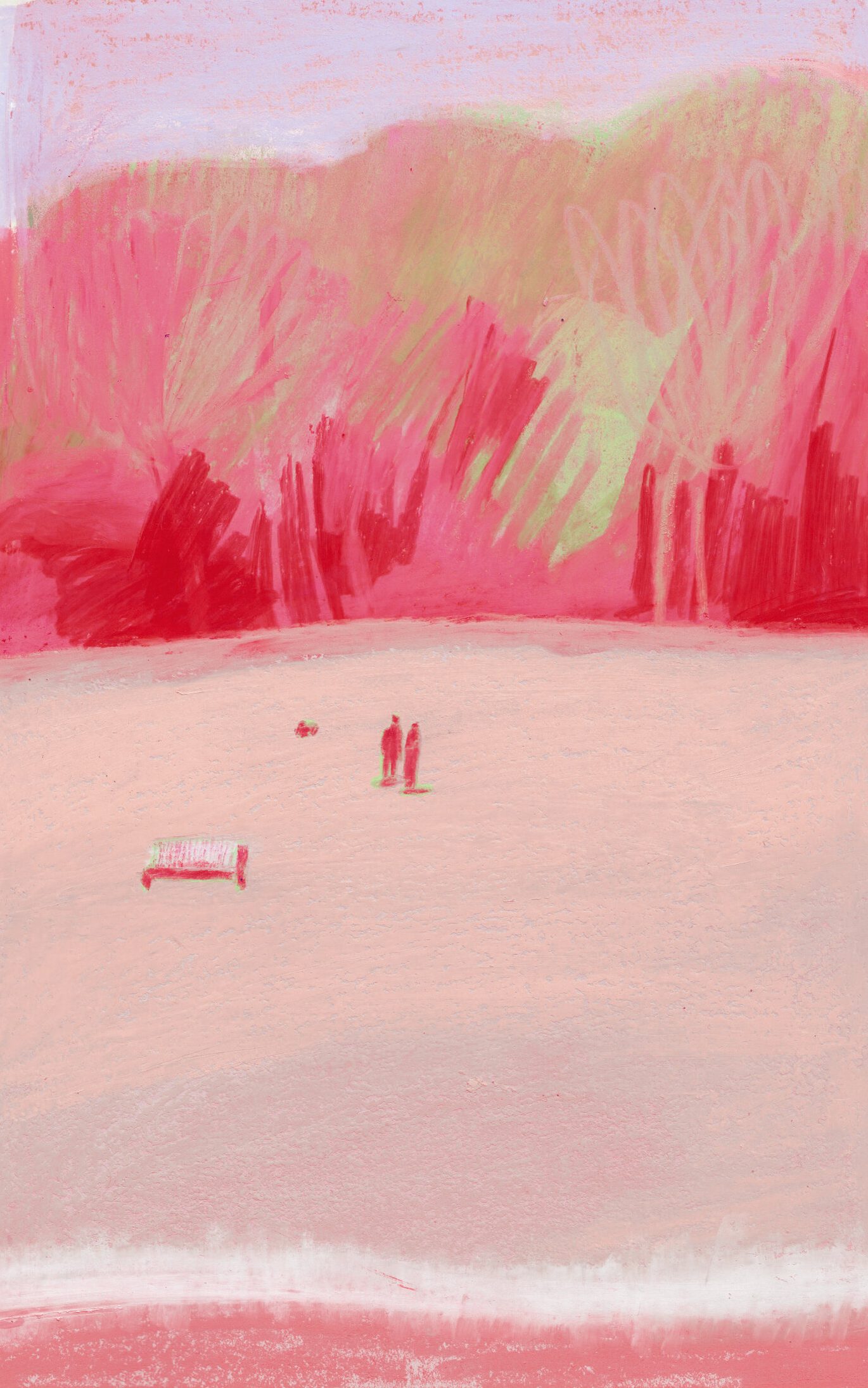
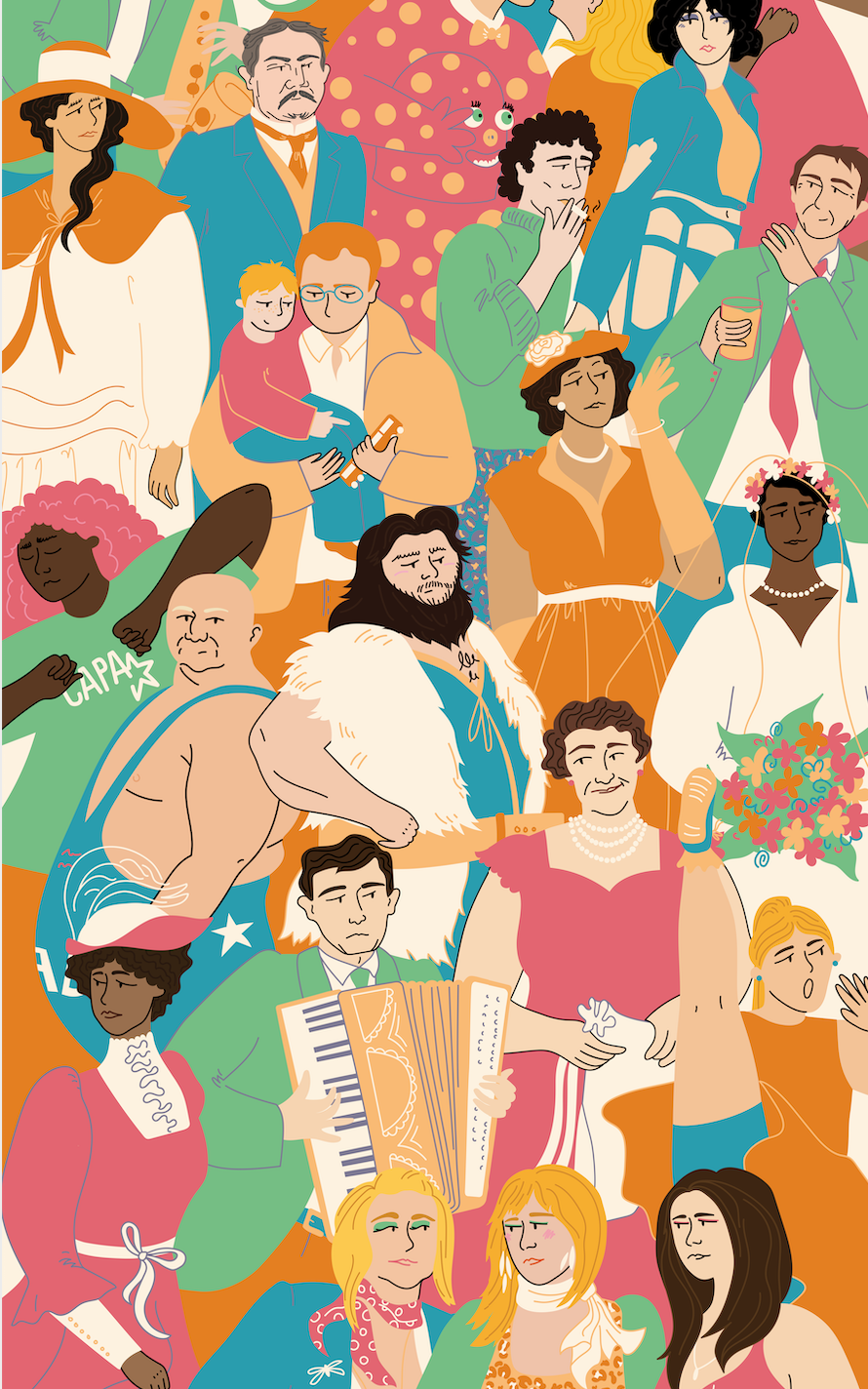
Seek support if needed
It’s worth seeing how your own college can support you past graduation. Many graduates told us how their own universities were especially supportive when taking their first steps out of higher education. “Big love for the illustration team at Arts University Plymouth, my BA lecturers were incredibly supportive post our class graduating in such a difficult year”, reflects Charlotte.
“The careers department at Leeds Arts University has been hugely supportive” shares Ekaterina. “I am currently in a funded studio space provided by LAU, up-skilling through online workshops and receiving one-to-one mentoring support.”
And if you need further support with the ins and outs of freelancing, we are always here to help! We welcome new illustrators to take advantage of our resources, benefits and 1-1 helpine.
Jodie Howard “joined the AOI when I started getting a few larger contracts through, and they were incredibly helpful, insightful and encouraging.”
“I became a member of the AOI after graduating and they’ve been a big support with their advice on pricing up commissions and understanding contracts”
– Ellie Lonsdale
We want to once again thank Gracie Dahl, Joshua Donkor, Sammi Duong, Jodie Howard, Tanya Kearsey, Charlotte Leadley, Ellie Lonsdale, Greg McIndoe (Headless Greg), Ekaterina Sheath, Beth Suzanna, Dylan Woodall and Rory Wynn for taking the time to share their amazing insights. Make sure to click on their hyperlinked names to check out their works!
Check out our full list of Grads to Watch from 2020 and 2021. Our 2022 edition is coming very soon.
Are you a new illustrator hungry for more tips and insights? You can also read our ‘How to start as an Illustrator’ article here.
Back to News Page
